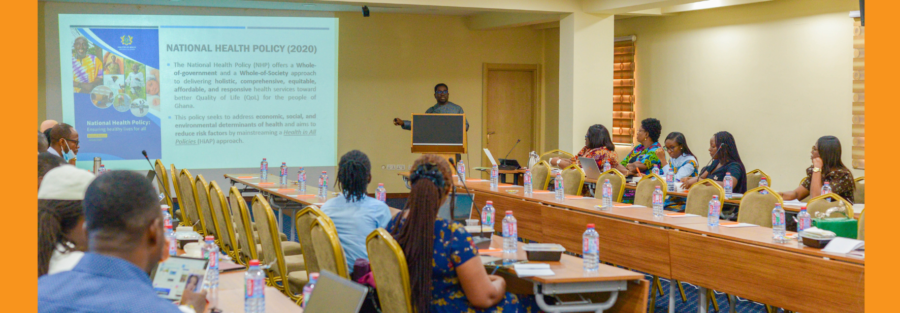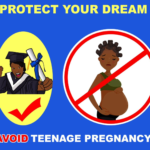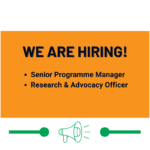ARHR, a lead civil society advocate for universal health coverage in Ghana, in collaboration with the Ghana Civil Society Organizations (CSOs) Platform on the Sustainable Development Goals, mobilized CSOs and key stakeholders in Ghana for action through a stocktaking and momentum-building forum on UHC.
The event which took place in Accra, under the theme ‘UHC; Moving Together to Build a Healthier Ghana’ brought together about 40 multi-stakeholders from the Ministry of Health, National Health Insurance Authority, Private sector organizations, academia, media, and other civil society groups.
The forum took stock of Ghana’s progress and the roadmap for attaining UHC; explored the linkages between gender and national strategies to achieve UHC in Ghana; outlined CSOs’ perspective on UHC in Ghana; and developed key action agenda to be used to engage the government on UHC in Ghana.
In his presentation, the Health Policy and Systems Analyst at the Ministry of Health, Ghana, Dr. Joseph Dodoo, indicated that the Ministry, its agencies, and partners have developed and made operational two key health sector policy frameworks in response to the health needs of Ghanaians. These were the National Health Policy (NHP) and the Universal Health Coverage (UHC) Roadmap. According to him, the NHP offers a whole-of-government and a whole-of-society approach to delivering holistic, comprehensive, equitable, affordable, and responsive health services toward better quality of life for Ghanaians. Also, the UHC roadmap will ensure that all people in Ghana have timely access to high-quality health services irrespective of their ability to pay at the point of use.
Despite these efforts by the government to ensure equitable and quality health services for all Ghanaians, discussions revealed gaps in service delivery. Key gaps were geographical access to healthcare facilities, especially, for persons living with disabilities, and inequitable distribution of human resources. The government’s response to these key challenges was the increased investment in health infrastructure, with Agenda 111, as a starting point, and then the reorganization of health service at the primary level with the Network of Practice (NoP).
Forty-five (45) years ago in Alma Ata, world leaders made a commitment and bold declaration on health. The declaration affirmed that health is a fundamental human right and that the attainment of the highest possible level of health is the most important global social goal. The renewal of global commitments to health placed UHC on the highest political agenda of the United Nations (UN) high-level meeting (HLM) in 2019. Evidence suggests that UHC targets were off-track before the COVID-19 pandemic struck, however, the pandemic led to disruptions in essential health service delivery and further exacerbated the gaps.
Ghana’s health indicators reveal gaps in Ghana’s health system, hence, a need to organize the forum to take stock and rally political leadership toward the attainment of UHC in Ghana. A statement will be issued, based on the deliberations at the forum, to engage the government in advancing progress toward UHC in Ghana.



